JW Filshill has repositioned its business to put mental health and wellbeing at the “heart of everything we do”, with health and safety manager Amanda Casey driving the wholesaler’s strategy to support staff through a range of measures.
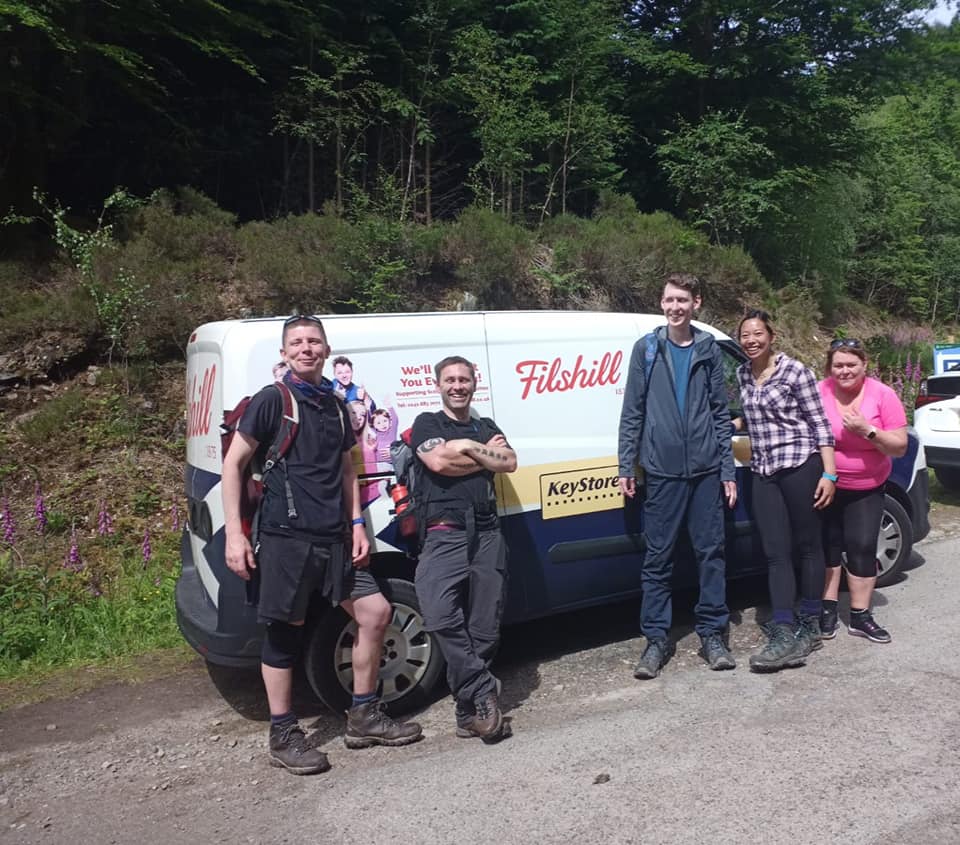 Ms Casey, who joined Glasgow-based Filshill last year not long after the first lockdown, initially focused on ensuring the ongoing safety of staff, customers and shoppers during the coronavirus pandemic. Since then, she has expanded her remit by engaging heavily with the workforce on health and wellbeing with a particular focus on mental health.
Ms Casey, who joined Glasgow-based Filshill last year not long after the first lockdown, initially focused on ensuring the ongoing safety of staff, customers and shoppers during the coronavirus pandemic. Since then, she has expanded her remit by engaging heavily with the workforce on health and wellbeing with a particular focus on mental health.
 Filshill became the first wholesaler in Scotland to receive Covid asymptomatic testing centre status in conjunction with the Scottish Government. Home-testing kits are made available to those working from home.
Filshill became the first wholesaler in Scotland to receive Covid asymptomatic testing centre status in conjunction with the Scottish Government. Home-testing kits are made available to those working from home.
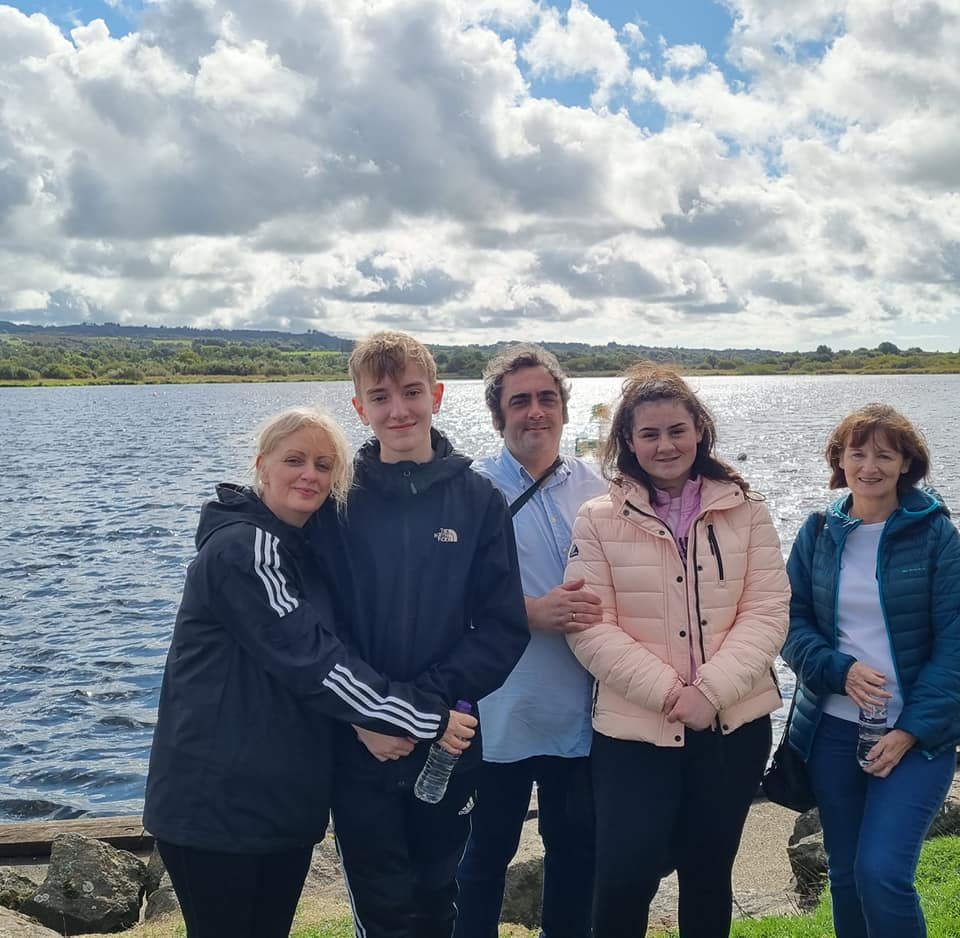 “In a busy wholesale operation like ours it is easy to associate health and safety with the safe operation of equipment like forklifts in our depot and drivers handling deliveries,” said Ms Casey. “So once we were confident the workplace was secure from a Covid perspective, our focus became the wellbeing of employees.”
“In a busy wholesale operation like ours it is easy to associate health and safety with the safe operation of equipment like forklifts in our depot and drivers handling deliveries,” said Ms Casey. “So once we were confident the workplace was secure from a Covid perspective, our focus became the wellbeing of employees.”
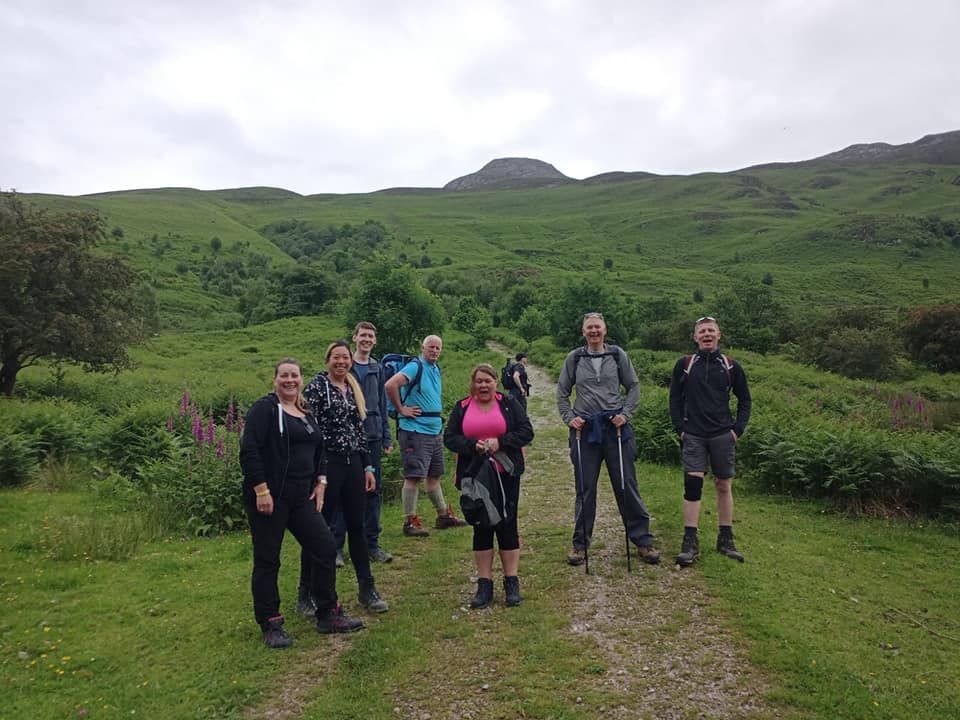 Recognising that the homeworking environment is different for everyone depending on their personal circumstances, Filshill conducted risk assessments for each employee, provided online training and continues to ensure that everyone receives regular wellbeing calls as well as the option to join in weekly group Teams chats.
Recognising that the homeworking environment is different for everyone depending on their personal circumstances, Filshill conducted risk assessments for each employee, provided online training and continues to ensure that everyone receives regular wellbeing calls as well as the option to join in weekly group Teams chats.
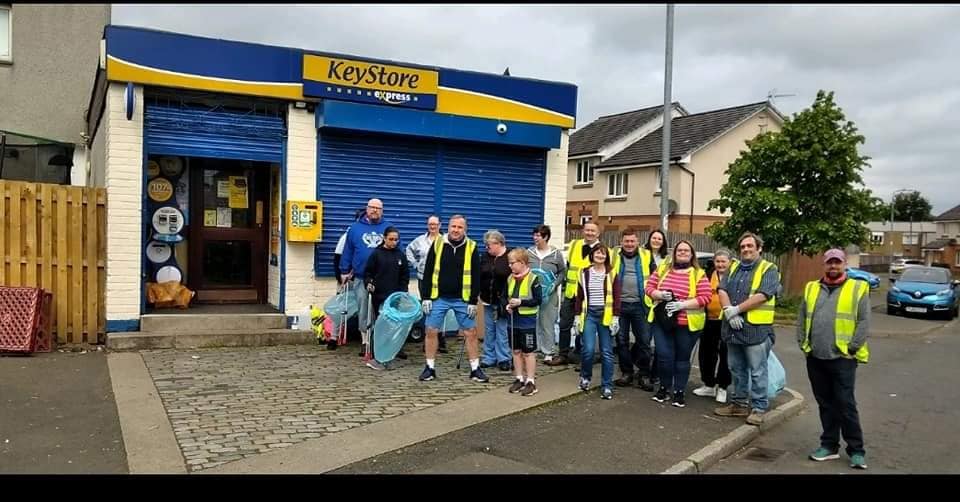 “Some people live alone, others with families and children – everyone’s homeworking situation is unique,” she added. “While it is easy to identify if someone requires equipment such as chairs, wrist rests and docking stations, we have a duty to look out for their physical and mental wellbeing too and this includes regular chats to combat isolation due to lone working.”
“Some people live alone, others with families and children – everyone’s homeworking situation is unique,” she added. “While it is easy to identify if someone requires equipment such as chairs, wrist rests and docking stations, we have a duty to look out for their physical and mental wellbeing too and this includes regular chats to combat isolation due to lone working.”
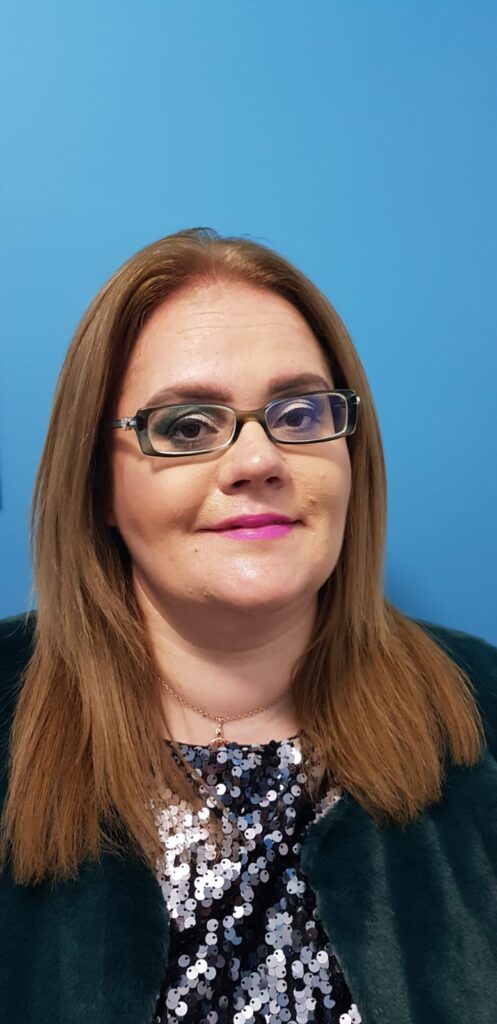 Under Ms Casey’s leadership, the company has set up a Wellness Group and there are over 20 fully-trained mental health first aiders in the business who are supporting not just their colleagues but their friends and family too. Each meeting – both in-person and virtual – starts with the host asking how everyone is.
Under Ms Casey’s leadership, the company has set up a Wellness Group and there are over 20 fully-trained mental health first aiders in the business who are supporting not just their colleagues but their friends and family too. Each meeting – both in-person and virtual – starts with the host asking how everyone is.
“With the Wellness Group and organised activities such as hillwalking, a bootcamp in the car park and a hugely successful step challenge, we bridge the gap between homeworkers and those on site to promote the physical health and mental wellbeing of all employees,” Ms Casey explained. “Activities are based around culture, sleep, exercise, meaningful activities, social connection, helping others, and stress management.
“It’s been hugely successful and there are some colleagues who would not normally engage in these types of things who are now really keen to get involved and spend time with colleagues in their own departments and those they don’t work so closely with. It’s definitely boosted everyone’s spirits.”
According to Ms Casey, the most challenging element has been around the stigma associated with mental health and wellbeing. “We take both a formal and informal approach to this,” Ms Casey explained. “The formal approach consists of our wellbeing meetings and calendar of events, while the informal aspect involves ‘corridor conversations’, relaxed chats and engagement sessions.
“We also introduced the concept of a wellbeing check-in at the start of all meetings, where employees can give an indication of how they are feeling on a scale of one to 10 if they feel comfortable doing so. This helps reduce the stigma of mental health over time because managers and leaders are encouraged to share their score too and explain why – signalling to colleagues that it is okay not to have a higher score.
“Over time, this has been very useful as an indicator as to when to follow up with an employee.”
Now firmly at the core of Filshill’s overall business strategy with each manager required to introduce a new wellbeing/safety objective every 90 days, the mental health and wellbeing focus will continue to evolve and adapt to meet future challenges. Staff will be invited to participate in regular surveys outlining what they would like to see.
“We also introduced employee wellness blogs where staff can anonymously share their mental health and wellbeing issues, and successes, with all employees,” said Ms Casey. “These are exceptionally powerful and have been well received – the process of writing a blog can also be cathartic for the author.
“After developing our tools to improve mental health and wellbeing, as a responsible business we have shared these tools with other businesses via online events organised by Women in Wholesale and through mentoring other businesses and continuing to share best practice.”
Filshill CEO Simon Hannah said: “We have put mental health and wellbeing at the heart of everything we do. We recognise that as a responsible employer we need to do this not only for our employees and their families but also because of the positive impact it has on our business and our customers.
“This initiative has been recognised as the most successful one in the history of the business in terms of bringing our employees together and in the past year, under Amanda’s stewardship, we have dedicated more resources towards improving the mental health and wellbeing of our employees than ever before.”
In October, Filshill will arrange for colleagues to receive a flu vaccination ahead of the busy Christmas trading period. “This proved very popular last year as it was really convenient for colleagues,” said Ms Casey, who is a Graduate Member of the Institute of Occupational Safety and Health (IOSH).




Comments are closed.